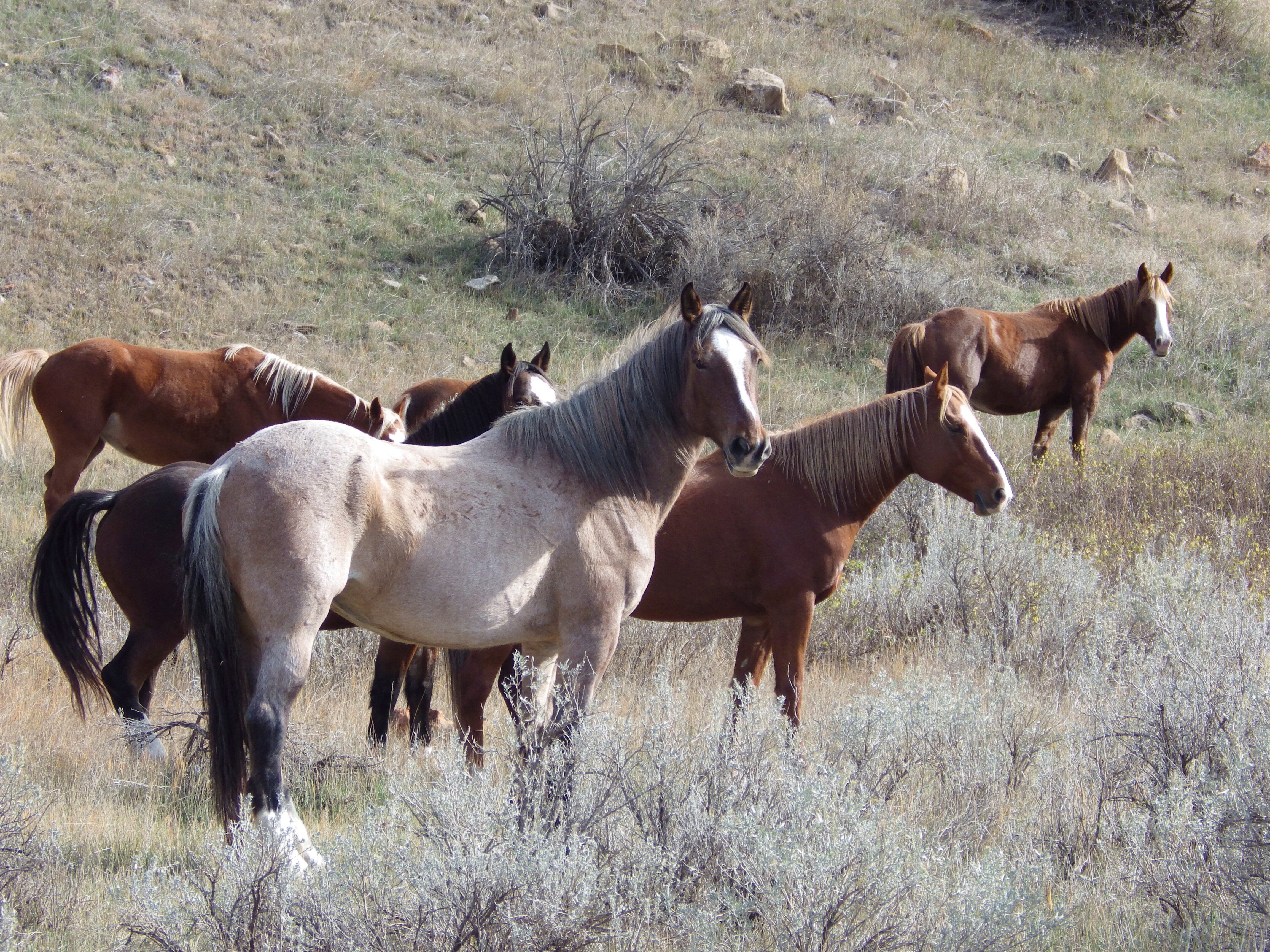Are you a hard worker? Find out if your state is too
North Dakota took the top spot as the hardest working state across 10 categories, while Alaska and Nebraska ranked second and third.

Capitalism and America go hand in hand so perhaps it’s no surprise the US takes the ninth spot in the battle for most hard-working country in the world, at nearly 1,800 hours a year.
But how does that figure break down by state?
Financial news site WalletHub analyzed all 50 states to find out.
North Dakota took the top spot as the hardest working state in the country, while Alaska and Nebraska ranked second and third.
WalletHub compared each state across two dimensions – “Direct Work Factors” and “Indirect Work Factors” – spanning 10 categories for a total of 100 points. Direct Work Factors included average workweek hours, employment rate, share of households where no adults work, share of workers who do not use vacation time, share of engaged workers, and idle youth. Indirect Work Factors included average commute time, share of workers with multiple jobs, annual volunteer hours, and average leisure time.
Hardest working states
Overall Rank | Total Score |
1. North Dakota | 66.54 |
2. Alaska | 63.55 |
3. Nebraska | 59.97 |
4. Wyoming | 59.92 |
5. South Dakota | 59.69 |
6. Maryland | 57.53 |
7. Texas | 56.86 |
8. Colorado | 55.13 |
9. New Hampshire | 54.20 |
10. Kansas | 52.63 |
North Dakota had the highest employment rate – at 98 per cent – and the lowest percentage of idle youth, or adults ages 18 through 24 who are not in school, have no school experience beyond a high school diploma, and are not working. But the flip side of that is significant — The Peace Garden State, known for its vast prairies that include Theodore Roosevelt National Park, had the second lowest leisure time and the second highest percentage of workers who do not use their vacation time.

Alaska, which came in second place, had the highest average workweek, at 41.6 hours per week. “This is significant because Alaska is the only state where the average exceeds 40 hours per week,” the report noted. Alaska, which attracts over 2 million tourists every year to see its Northern Lights and other natural wonders, also had the ninth highest percentage of workers with more than one job and the 10th lowest percentage of households where no adults work.
At third place, Nebraska had the third highest percentage of workers with multiple jobs. “Although this may not be an ideal situation, indicating that people’s main jobs are not paying them enough, it’s still a testament to how hard Nebraska residents are willing to work,” the report said. The state also had the second lowest percentage of idle youth and the fifth highest share of volunteer hours per capita.
The states that worked the least were scattered across the country: West Virginia ranked last, while New York, Michigan, New Mexico, and Connecticut rounded out the bottom five.

From liberals to conservatives, the virtue of hard work is a cornerstone of American culture — but that also means little time for other parts of life, including not taking vacation pay workers have earned.
“It’s undeniable that America has fostered a culture of hard work, with people working longer hours than residents of other developed countries and often leaving vacation time on the table,” WalletHub analyst Cassandra Happe wrote in the report. “Working hard is commendable, but people in the hardest-working states may need to consider taking a break once in a while, as a lack of leisure time can have a negative impact on people’s physical and mental health.”
Can Erbil, an economics professor at Boston College quoted in the report, said that the current economic environment in the U.S. “presents a mixed picture for wage growth.”
He noted that high inflation and the effects of the pandemic have led businesses to be more cautious when hiring, decreasing job openings and creating a more competitive job market. Meanwhile, automation and artificial intelligence have also contributed to job reduction in sectors such as manufacturing, retail, and technology.
“Despite these challenges, the job market remains relatively strong with relatively low unemployment rates,” Erbil said. “The decline in job openings signifies a return to a more balanced labor market, which can potentially lead to increased job stability and improved employee engagement in the long run.”
Join our commenting forum
Join thought-provoking conversations, follow other Independent readers and see their replies
Comments
Bookmark popover
Removed from bookmarks